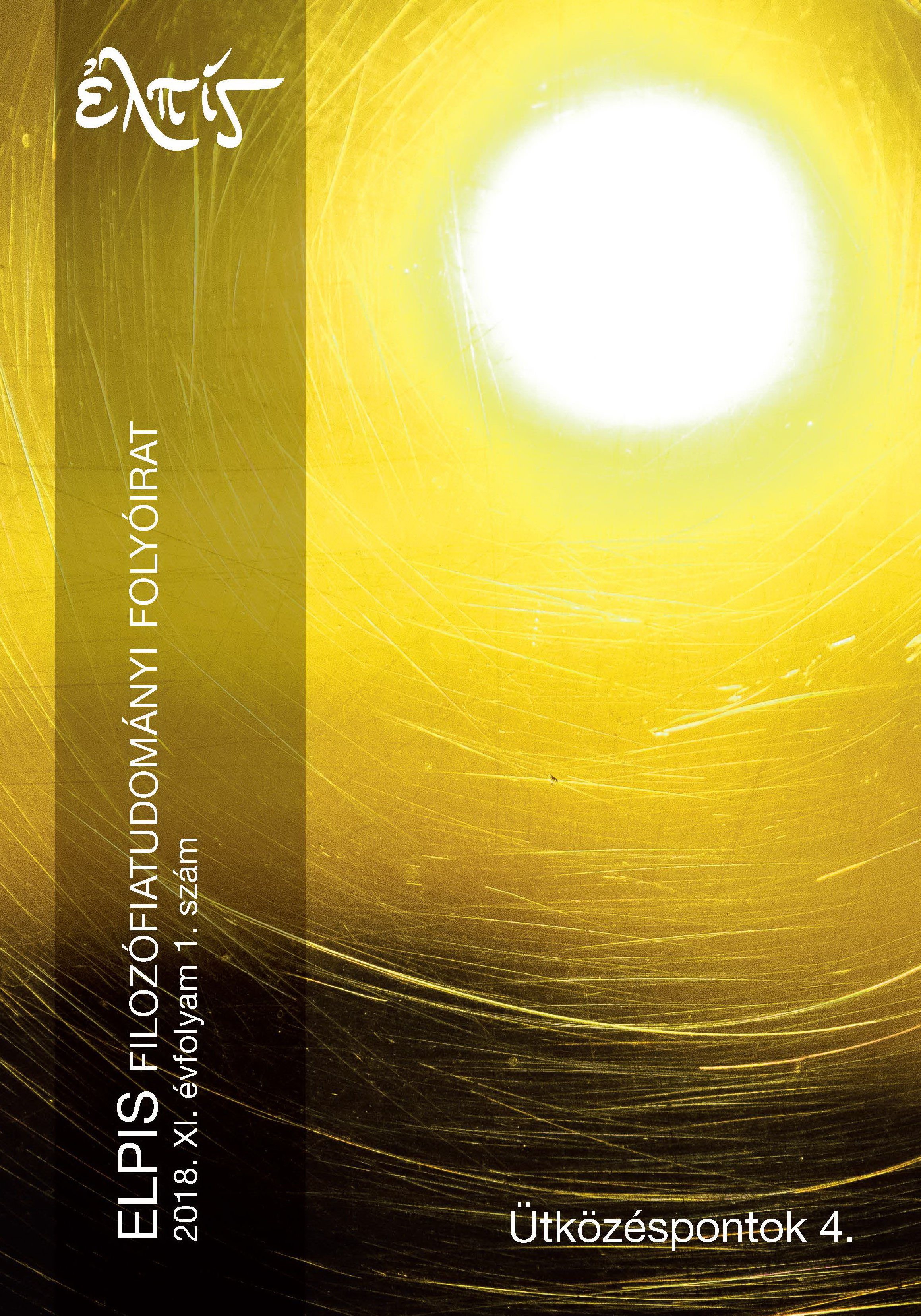Negativity and Political Action in Žižek and Adorno
DOI:
https://doi.org/10.54310/Elpis.2018.1.8Keywords:
Žižek, Adorno, Hegel, Negativity, Political Action, Political PhilosophyAbstract
In Žižek’s and Adorno’s critical theory, the Hegelian notion of dialectic and its application in examining the possibility of emancipation in contemporary societies play equally central roles. Both authors assign great importance to the concept of negativity. Despite these fundamental parallelisms, and rarely discussed in the literature, Žižek’s and Adorno’s views on political action are diametrically opposed. In my paper, I examine the question of what explains their radically diverging conclusions on this topic given the close parallelisms between their views on the notion of dialectic. I argue that this difference is to be explained in terms of the differences in the concepts of negativity the two authors use. In Žižek’s works, the kind of negativity central to dialectic is absolute negativity, wholly void of content, which is rather different from the concept used in Negative dialectic, namely, determinate negativity, which has concrete content. The differences in the authors’ theories of political action stem from these two concepts of negativity and their corresponding views on dialectic.




